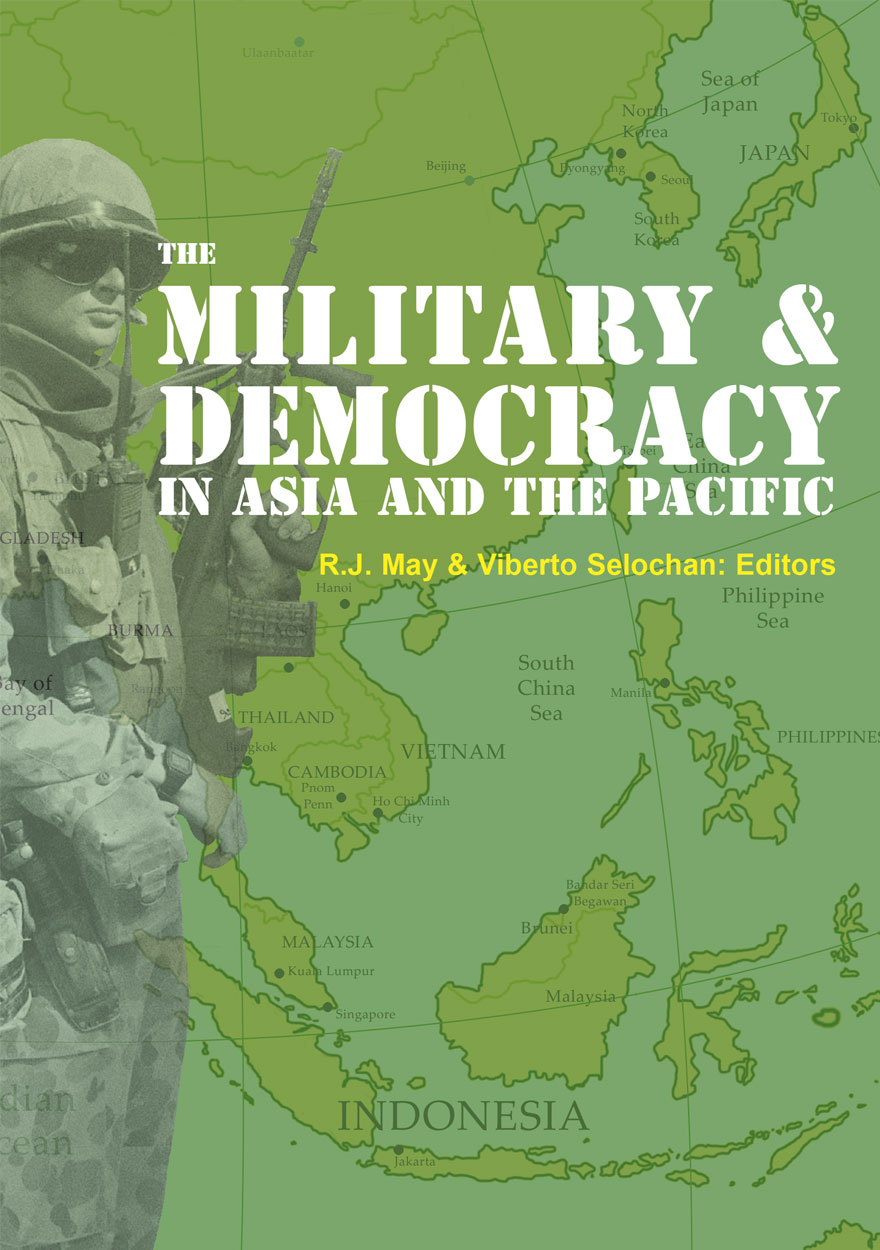R.J. May
Dr R.J. May is an emeritus fellow of The Australian National University, attached to the Department of Pacific Affairs. He was formerly a senior economist with the Reserve Bank of Australia, foundation director of the National Research Institute of Papua New Guinea and head of the Department of Political and Social Change, Research School of Pacific and Asian Studies at The Australian National University. In 1976 he was awarded the Independence Medal for his service to banking and research in Papua New Guinea.
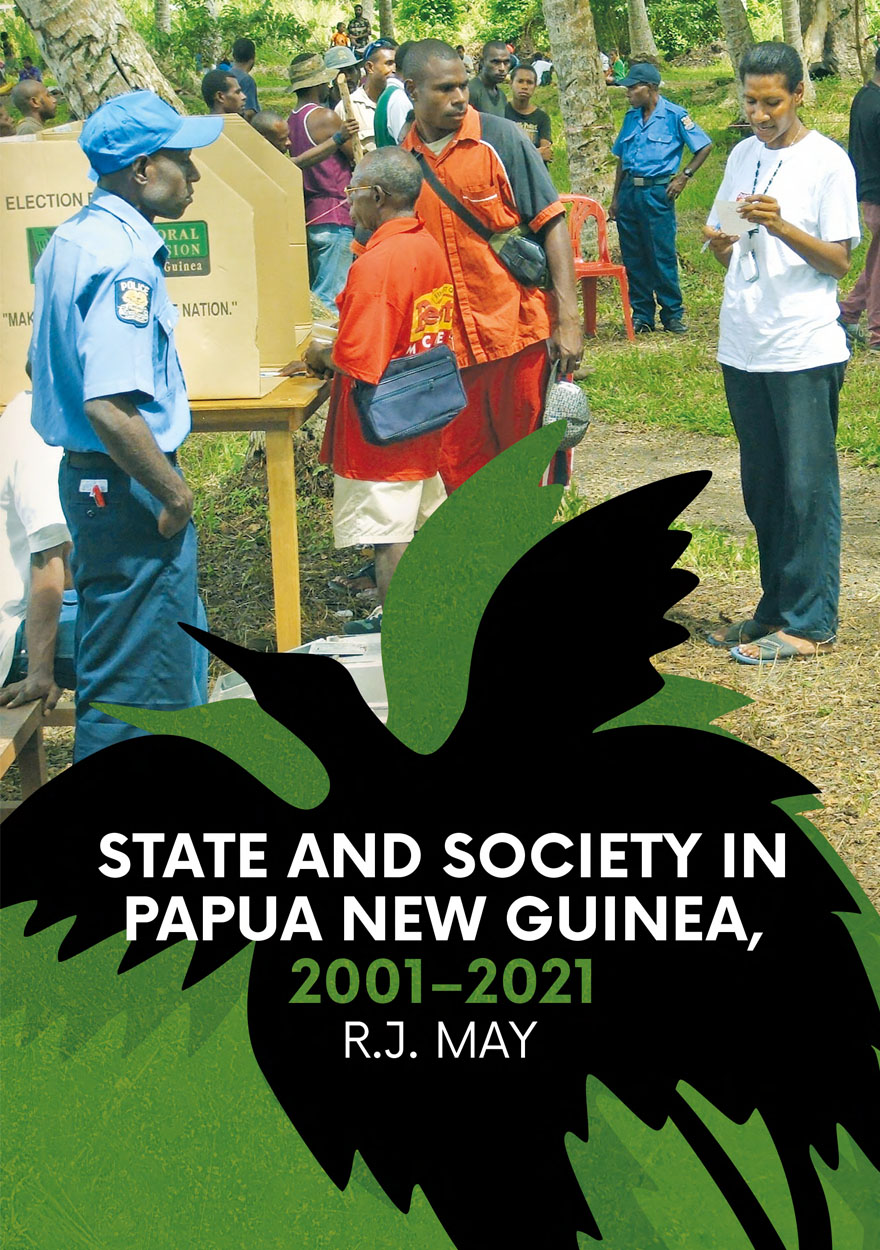
State and Society in Papua New Guinea, 2001–2021 »
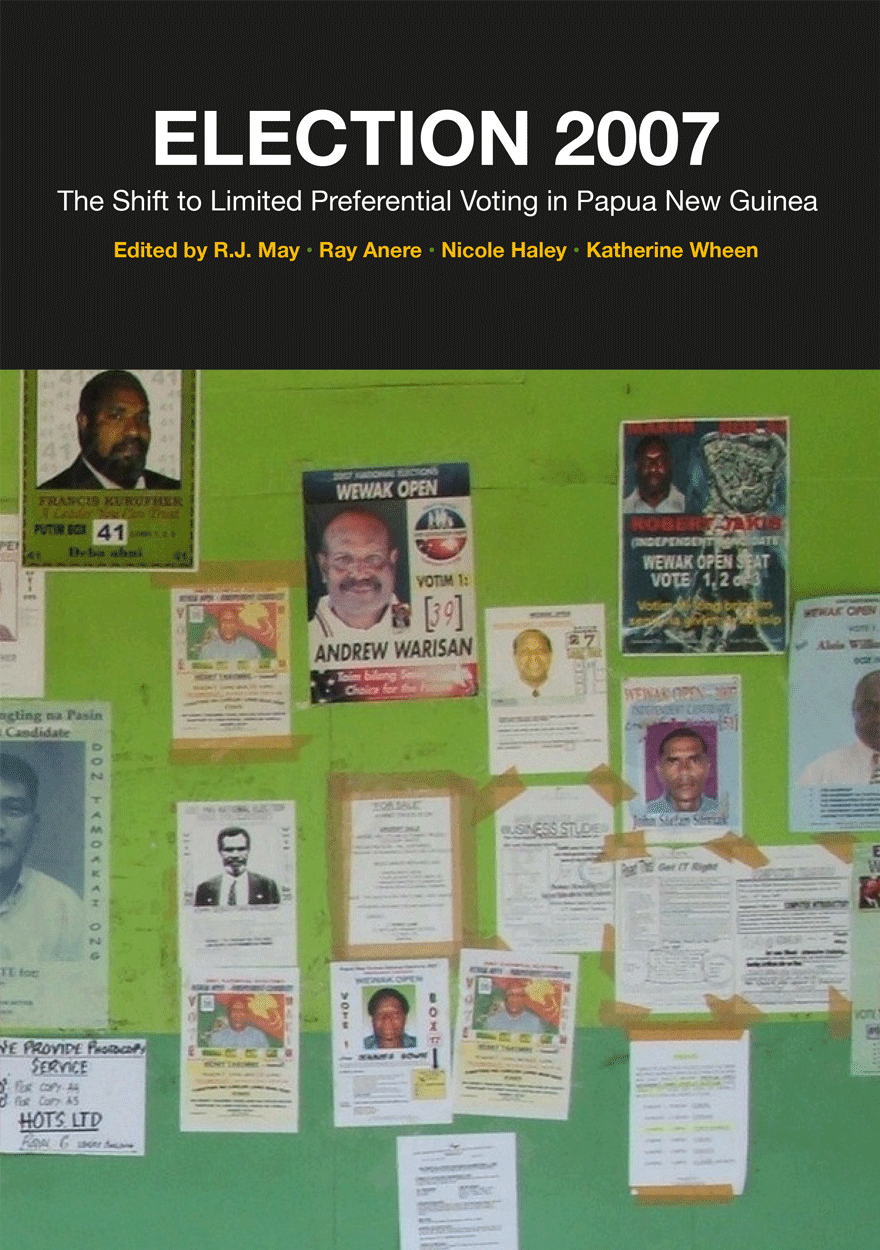
Election 2007 »
The Shift to Limited Preferential Voting in Papua New Guinea
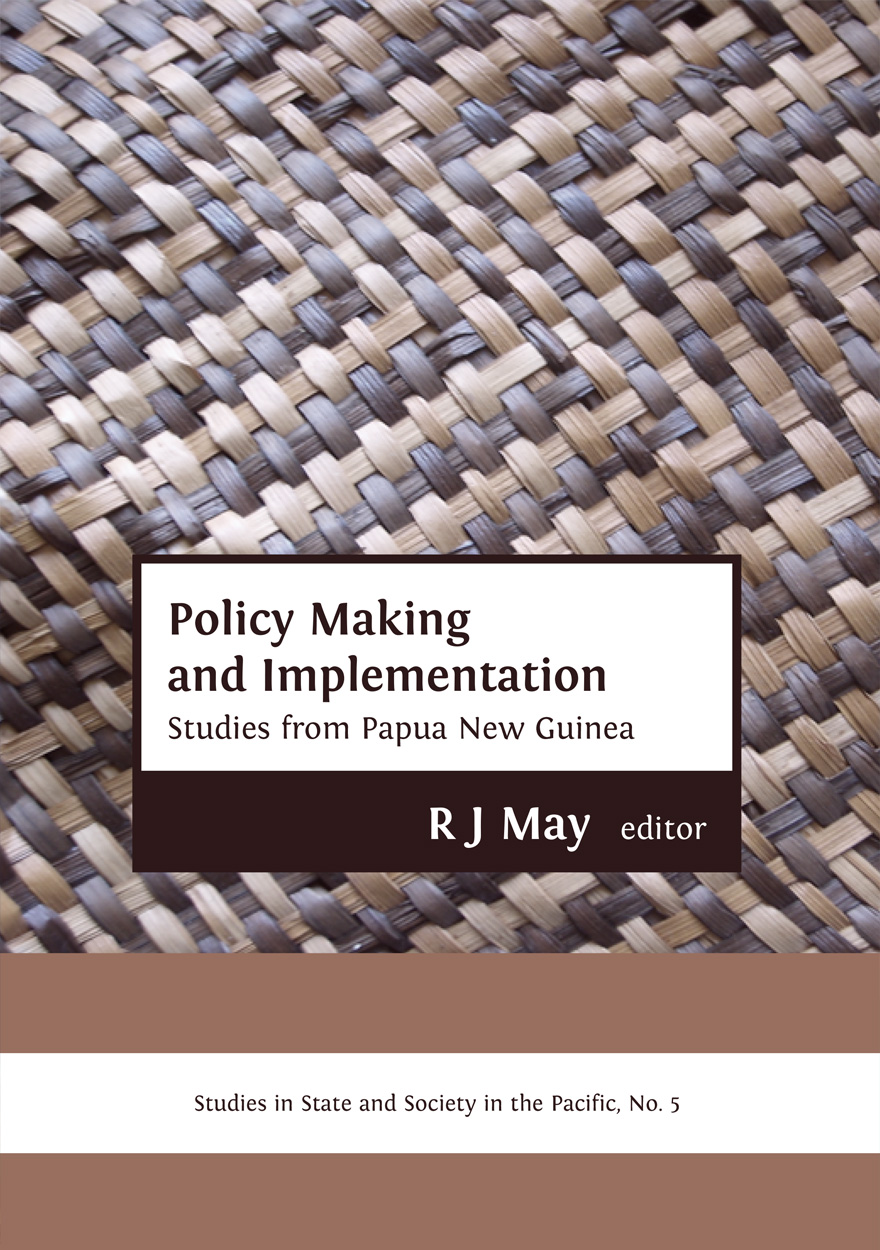
Policy Making and Implementation »
Studies from Papua New Guinea
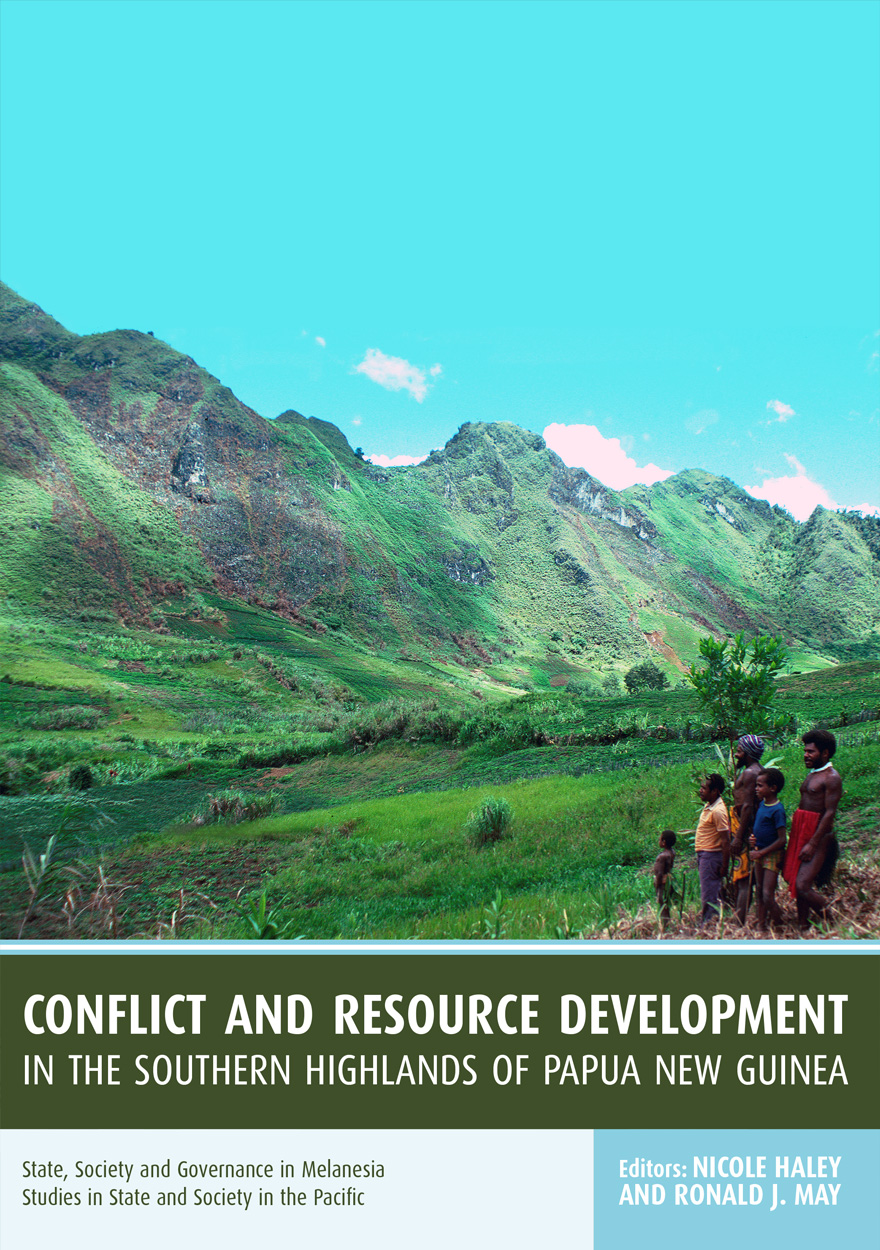
Conflict and Resource Development in the Southern Highlands of Papua New Guinea »
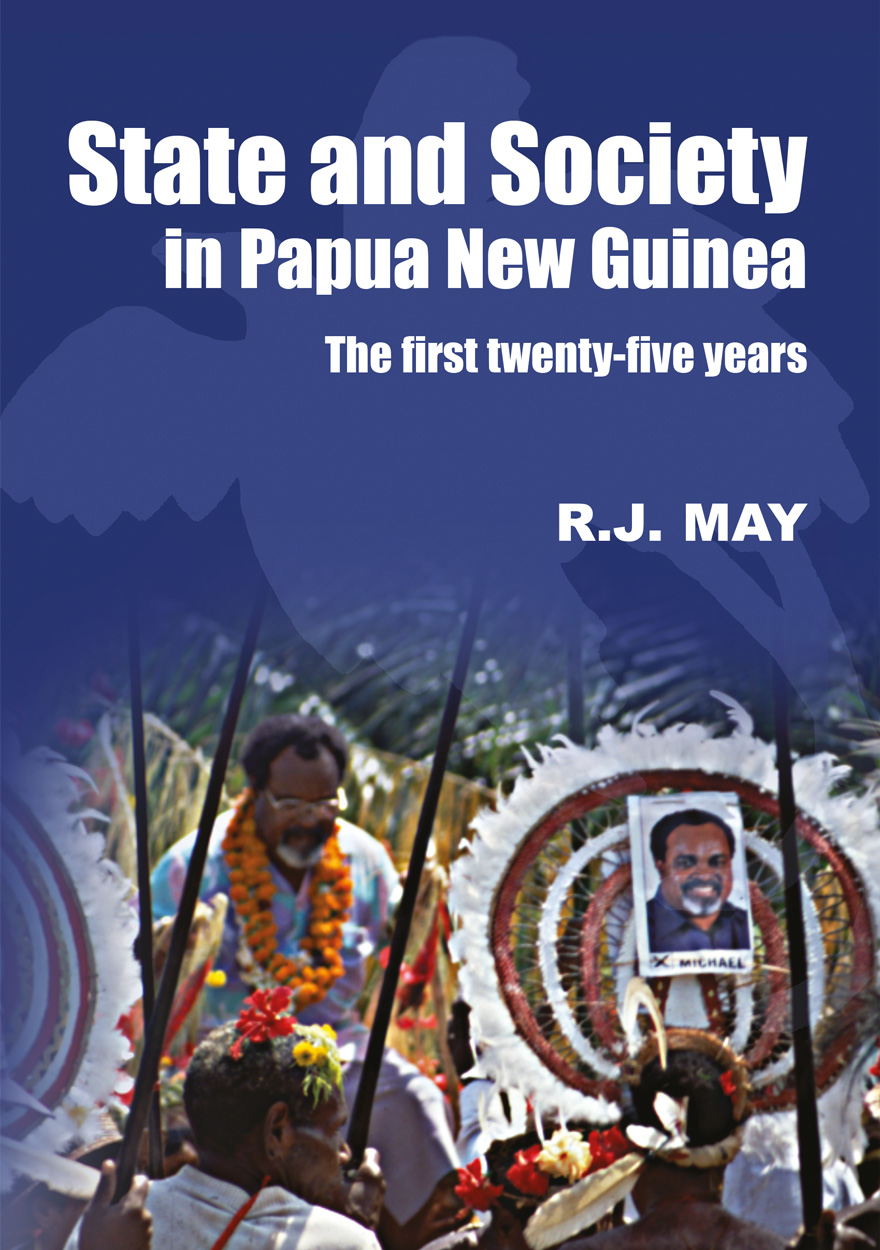
State and Society in Papua New Guinea »
The First Twenty-Five Years
